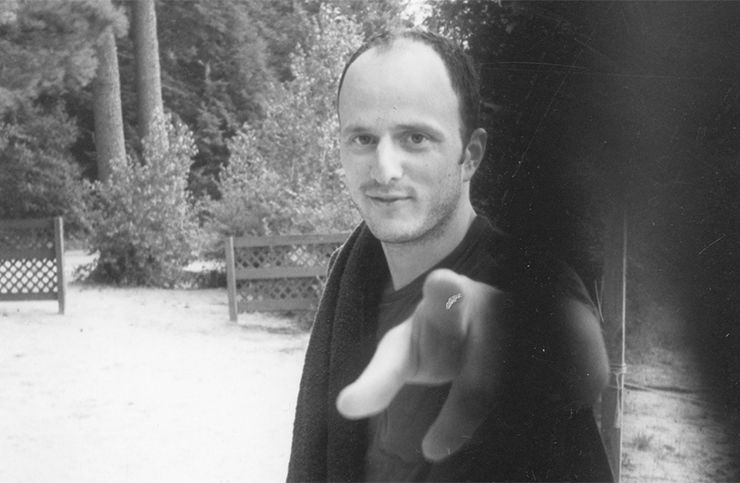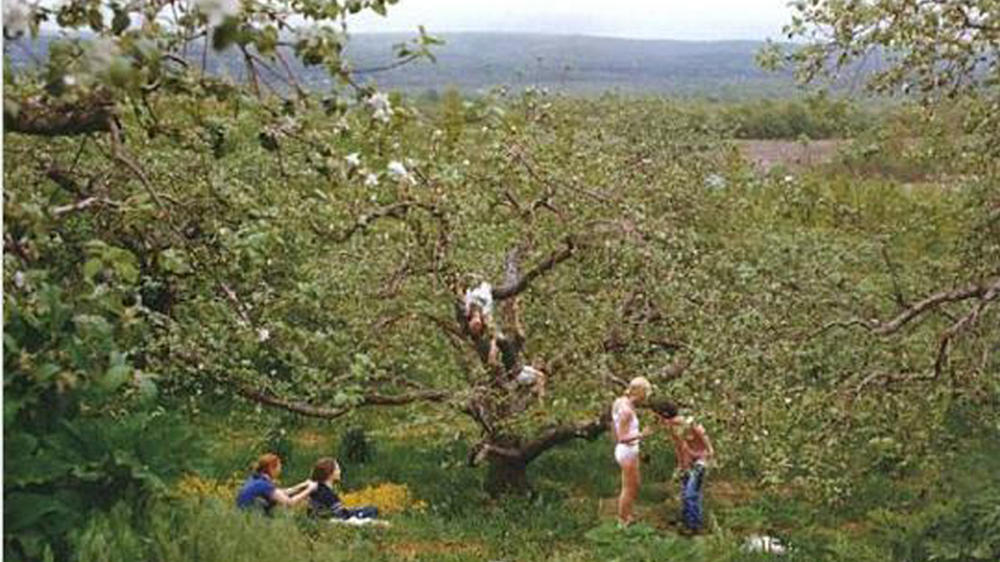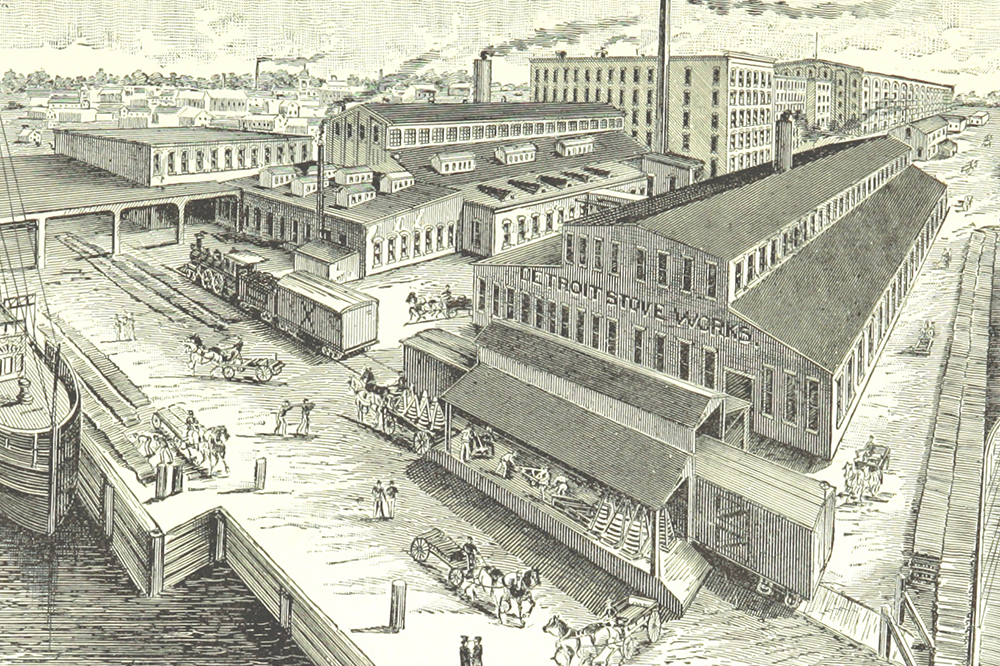Every week, the editors of The Paris Review lift the paywall on a selection of interviews, stories, poems, and more from the magazine’s archive. You can have these unlocked pieces delivered straight to your inbox every Sunday by signing up for the Redux newsletter.
This week, in honor of the twenty-fifth anniversary of the publication of The Virgin Suicides, we bring you Jeffrey Eugenides’s Art of Fiction interview; the first chapter of The Virgin Suicides, which originally appeared as a short story in the Winter 1990 issue; and Jim Gustafson’s poem “Detroit.”
If you enjoy these free interviews, stories, and poems, why not subscribe to read the entire archive? You’ll also get four new issues of the quarterly delivered straight to your door.
Jeffrey Eugenides, The Art of Fiction No. 215
Issue no. 199 (Winter 2011)
Like a lot of young writers, when I started out, I had a dim conception of my material. I wrote about people and places that were vastly separated from those I knew. Then, too, if I tried to write about my own self, the results were far from illuminating, for the simple reason that I didn’t understand myself too well. As soon as I began writing The Virgin Suicides, however, I suddenly realized that I knew a lot, not about my own psychological dimensions so much but about the town where I grew up. I knew everything about the people who lived on our old street. I remembered their oddities and family histories, the rumors and gossip, and I remembered the weather, the local legends, the racial tensions, the flora and fauna. I stopped being embarrassed about being from a suburb in the Midwest. I treated it like my own Yoknapatawpha County and, for the first time, produced something that interested adult readers.
The Virgin Suicides
By Jeffrey Eugenides
Issue no. 117 (Winter 1990)
On the morning the last Lisbon daughter took her turn at suicide—it was Mary this time, and sleeping pills, like Therese—the two paramedics arrived at the house knowing exactly where the knife drawer was, and the gas oven, and the beam in the basement from which it was possible to tie a rope. They got out of the EMS truck, as usual moving much too slowly in our opinion, and the fat one said under his breath, “This ain’t TV, folks, this is how fast we go.” He was carrying the heavy respirator and cardiac unit past the bushes that had grown monstrous and over the erupting lawn, tame and immaculate eleven months earlier when the trouble began.
Detroit
By Jim Gustafson
Issue no. 55 (Fall 1972)
The cops don’t carry magnums of champagne
in the backseats of their cruisers.
In my town, seven year old kids know how to steal motorcycles,
and where they can get new serial numbers.
Watch out, keep down.
My father was the star of the Demolition Derby,
my mother sang with the Les Elgart Band until her voice gave out.
But this won’t get me a Liberty Bond Sandwich,
or a banjo good enough to carry to California.
When it gets too hard, go soak your head in a bucket of gasoline.
There isn’t a work-clothes store in this whole city
that will sell me another black t-shirt with a pocket on credit.
I can’t take it …
If you like what you read, get a year of The Paris Review—four new issues, plus instant access to everything we’ve ever published.
from The Paris Review https://ift.tt/2OINvLt



Comments
Post a Comment